Steven Edwards is the founder of etch., a restaurant in Brighton & Hove on the south coast of England. After winning MasterChef: The Professionals in 2013, Steven set about finding the perfect home for his own restaurant and etch. was born. We caught up with Steven to hear more about etch., weathering the pandemic, and how he uses email marketing to keep guests coming back.
Hi, Steven. Firstly, tell us a bit about etch. What’s your story?
Well, etch. celebrated its fifth birthday in March, which is just a huge milestone for us, especially after the past two years of the pandemic. The concept was born in 2013 after I won MasterChef – I wanted to create a space and company where I could showcase my style of food. I started doing pop-ups around the UK before finally settling in Hove in 2017. It felt like a natural home. It’s a busy tourist destination; a city with hospitality at its core and great hotels nearby.
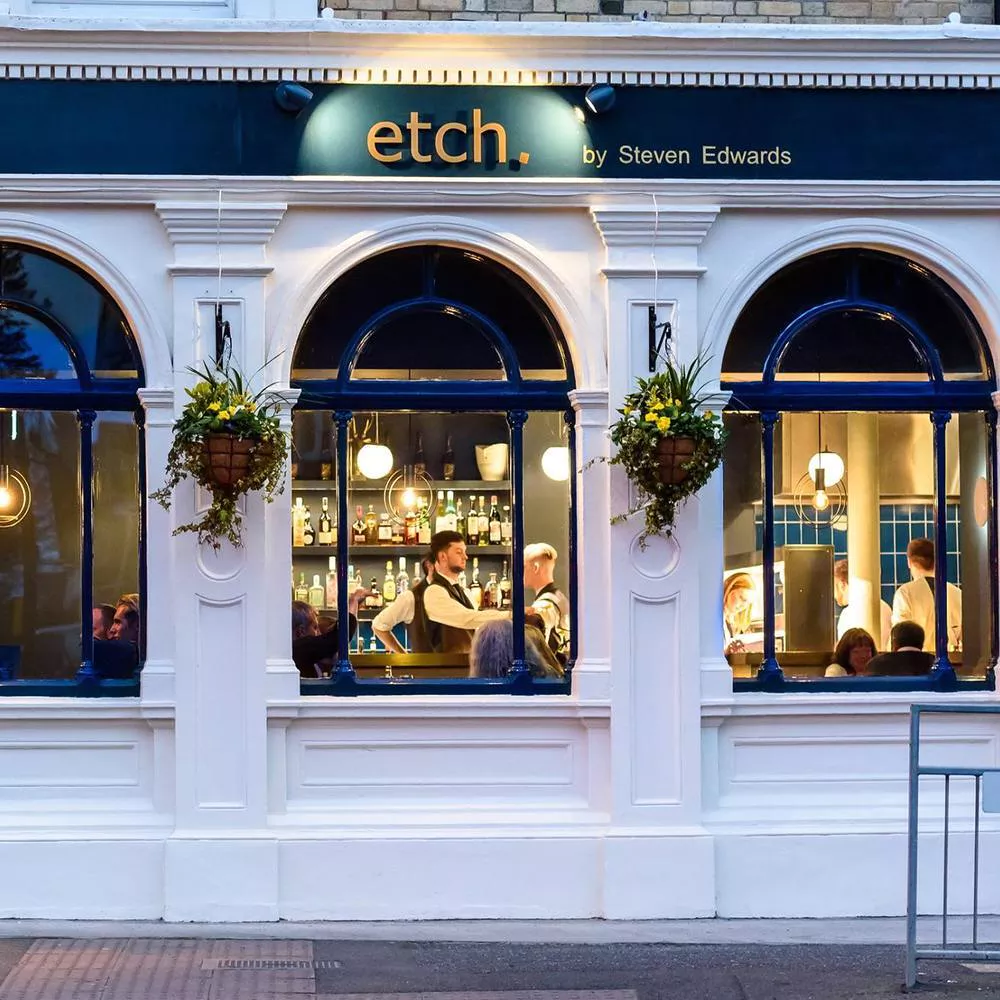
And what makes etch. special?
We keep things ultra seasonal. We only offer tasting menus from five to nine courses, and we change two to three dishes a week. Our philosophy is to celebrate local and British produce, and dishes are created to showcase two main ingredients.
Who comes to eat at etch.?
Our guests are real foodies; they enjoy the dining experience. I wouldn’t say we have a specific age demographic or guest profile – it’s just people who care about good food and want to come and celebrate that with us. We have around 200 guests dining per week. Of that, around ten to 20 per cent are regular or returning guests.
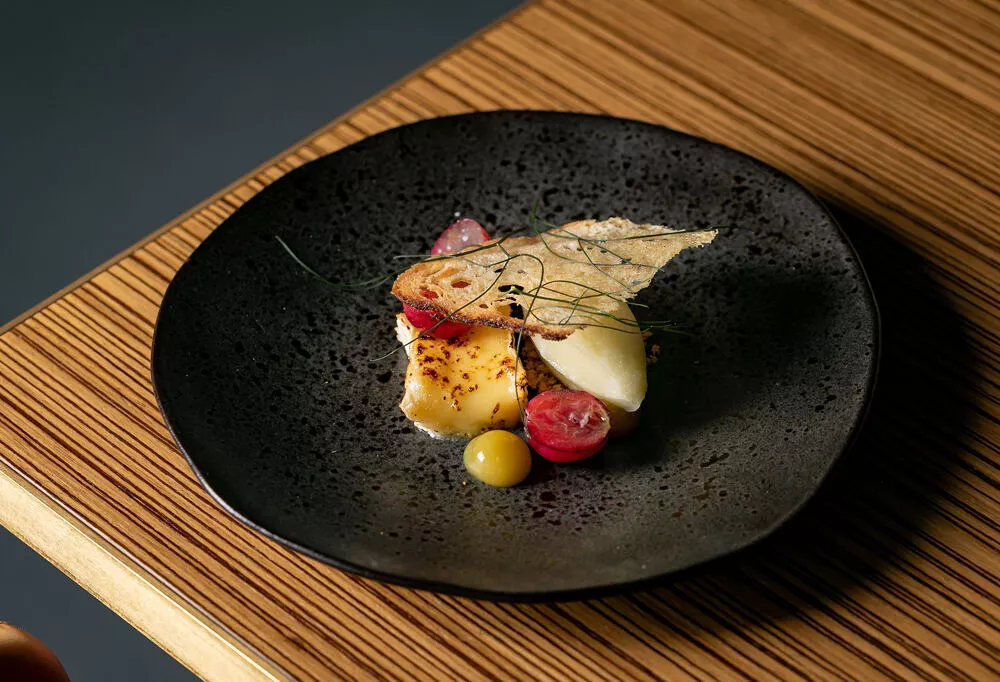
And what role does email play in encouraging these returning guests to keep coming back?
Our subscriber list is primarily people who have dined or booked with us. We have a monthly newsletter to let them know about new menus and booking availability. We want to excite them with new dishes and, ultimately, encourage them to make a booking or buy a voucher. We also use email to promote events, like guest chef evenings which we host a few times throughout the year.
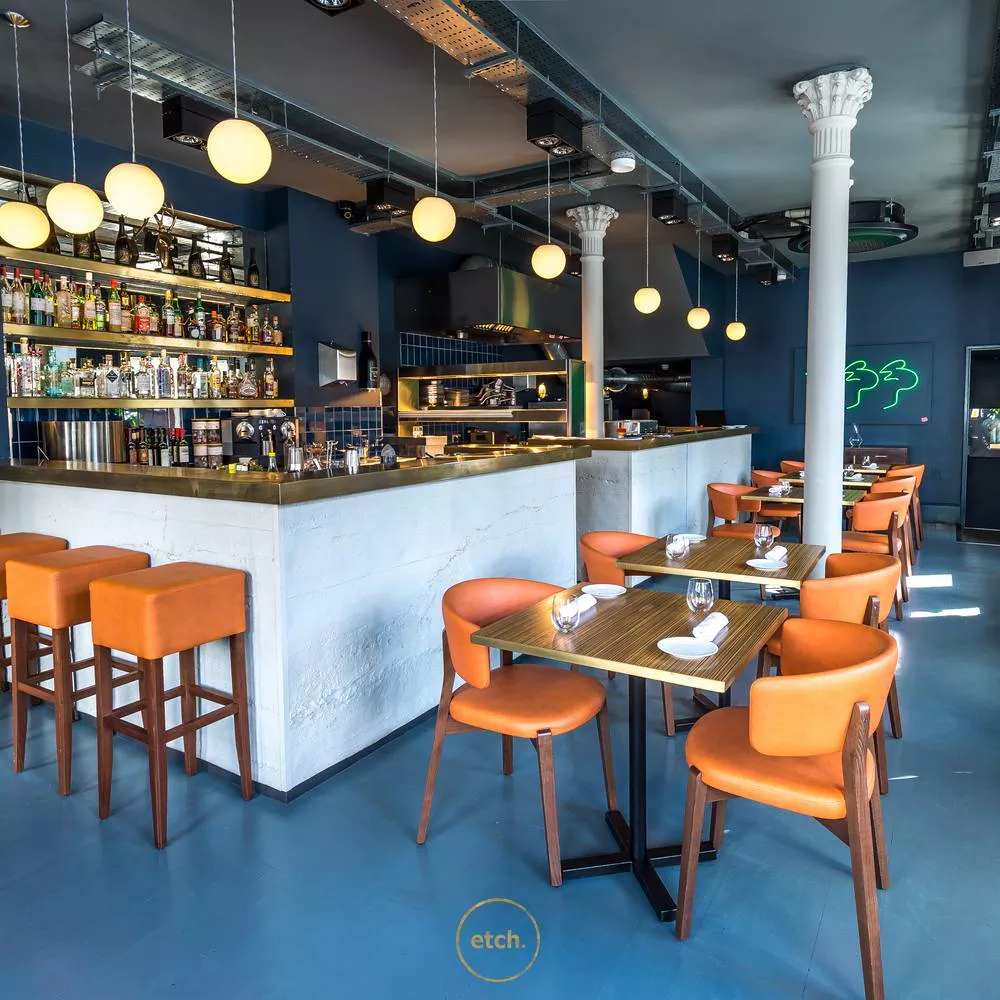
In the wider marketing mix, what role does email play? How does it fit alongside other channels like social media?
I’d say email and social media are equally important – both are great ways to let guests know what we’re up to. Email feels more personal as many guests won’t be checking socials on a daily basis, but can catch up on emails in their own time.
What kinds of content do you find work best?
For us, it’s events or menus. We want the food to be central, so using images is really important. Showcasing that quality is an essential part of our brand. We also make sure to use clear calls to action with buttons so that guests can easily navigate to book or buy a voucher.
COVID was obviously an incredibly difficult time for the hospitality industry. How was etch. impacted?
It was pretty bad. We had to close for a period and, when we were able to reopen, we had to have a limited capacity. We don’t have any outside space, so we suffered on that front, too. The positive is that we stayed busy while we were open and had great support from our guests. We kept emailing people to keep them engaged, and also to keep them informed about our COVID policy.
How did you get started using EmailOctopus, and what’s the experience been like so far?
We used Mailchimp before but a colleague recommended EmailOctopus to us as a Mailchimp alternative option. I find the platforms similar but EmailOctopus is easy to navigate and, for what we need, it’s better value for money. As our list grew, email costs were becoming more expensive so it made sense to switch over. I like that emails look professional, and it’s easy to add links and pictures
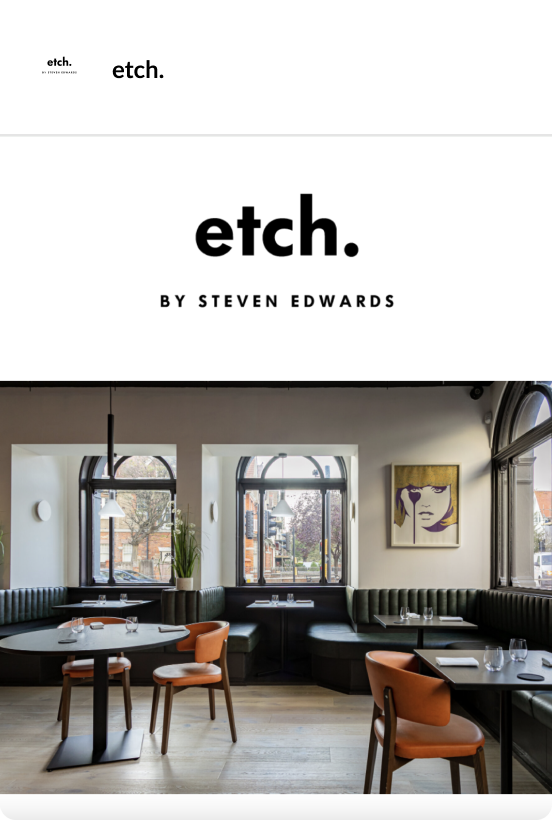
What’s coming up on the horizon for etch.?
We have recently expanded into the property next door so that’s keeping us busy for now. Our long term goal is simple: we just want to keep getting better and making our guests proud.
Thanks, Steven!
Find out more or make a booking at etchfood.co.uk. Join the mailing list or follow @etchfood on social media to find out about upcoming menus and events.
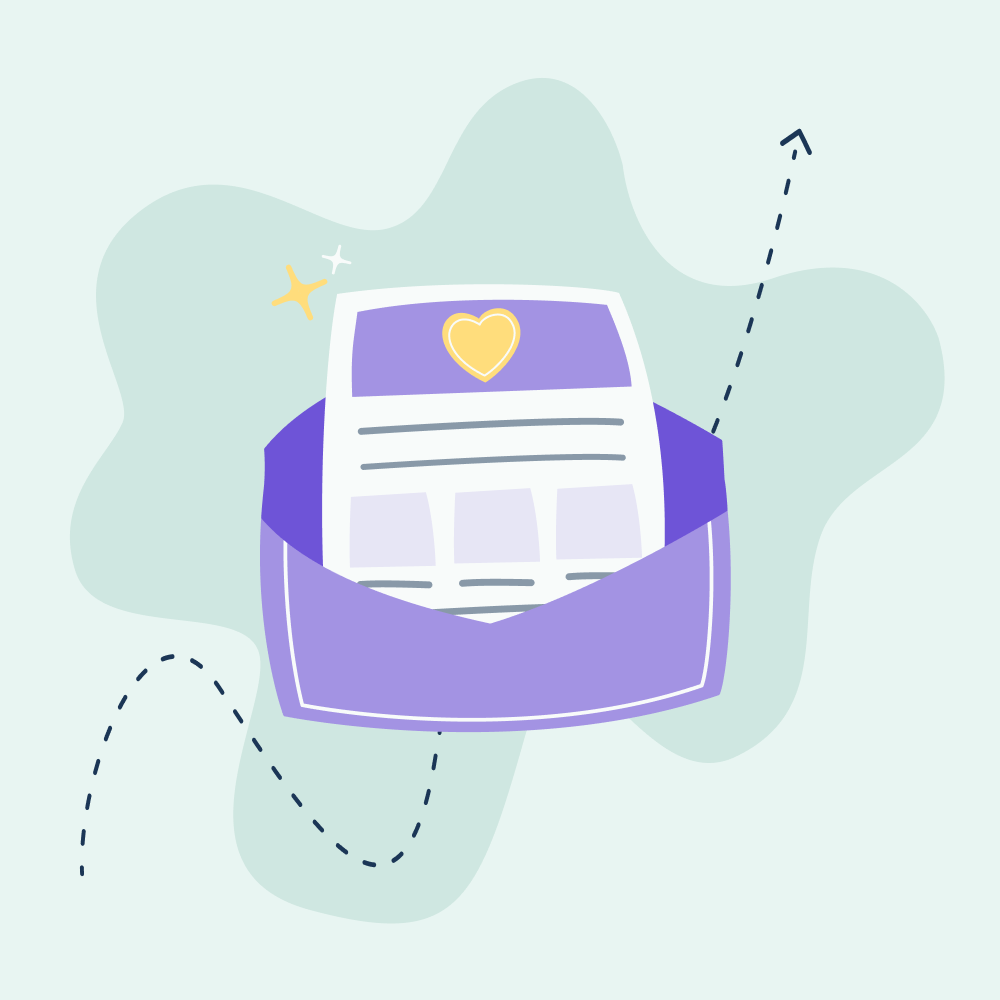

No Comments
Leave a comment Cancel